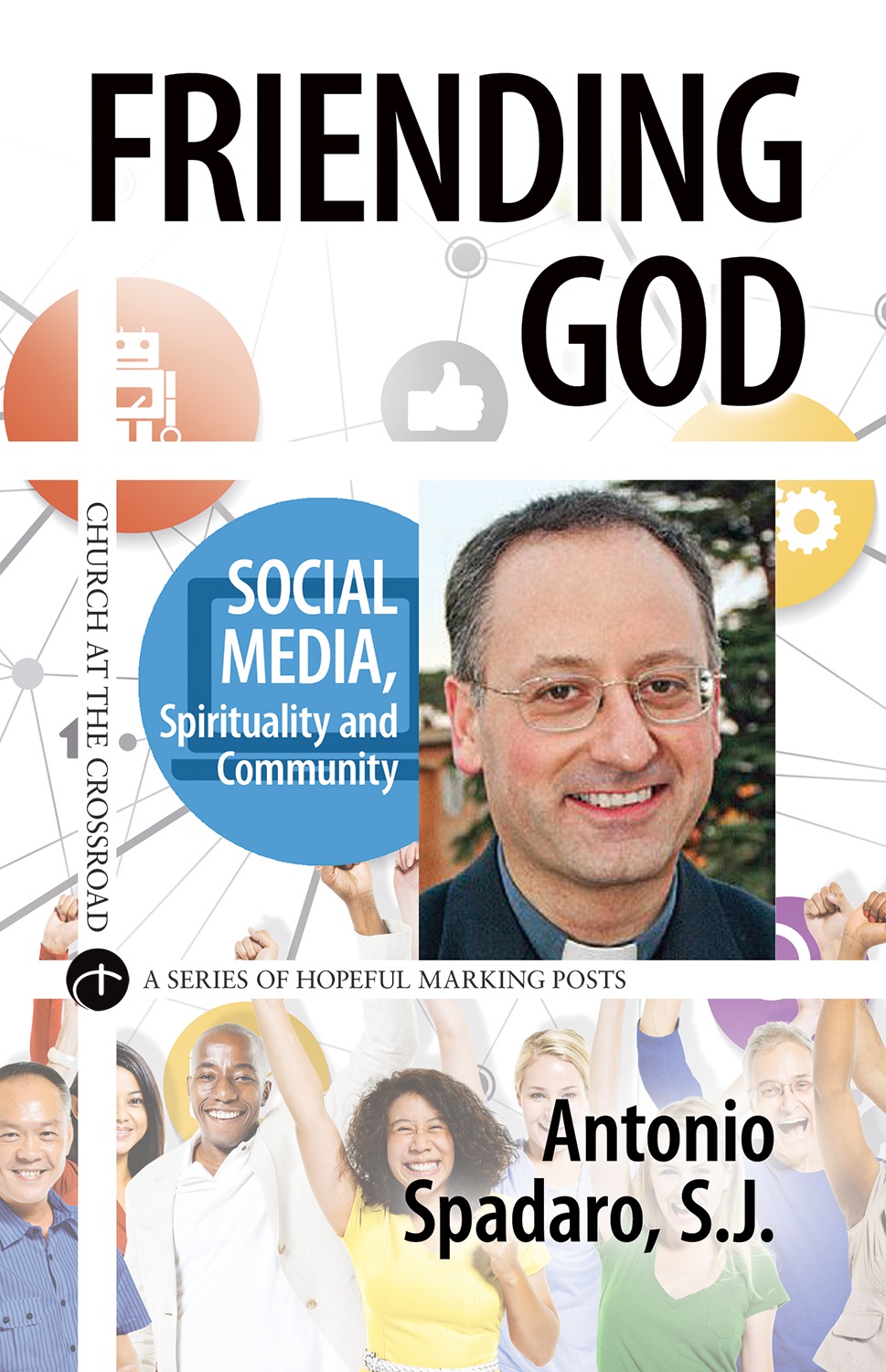Robert Hopcke (Author)
Robert H. Hopcke is a licensed marriage and family therapist with degrees in both pastoral and clinical counseling. He is the author of numerous books, including There Are No Accidents and Living the Mysteries: The Spiritual Power of the Rosary in the Lives of Contemporary People.
Antonio Spadaro (Author)
Antonio Spadaro, SJ, is the editor in chief of the Jesuits' biweekly review, La Civiltà Cattolica. Since entering the Society of Jesus in 1988, he has worked in a variety of capacities, including joining the review's community in 1998. He has been a part of the review ever since. In late 2011, he became the review's editor in chief. Fr. Spadaro considers his work to be part of the new cybertheology – "thinking faith in the Internet age". Robert H. Hopcke holds two degrees in counseling: a Master of Arts in Theology, with a Pastoral Counseling emphasis, from Pacific Lutheran Theological Seminary, which is the degree under which he received my Marriage and Family Therapist license in 1986, and a second Master of Arts in Clinical Counseling from California State University, Hayward (now Cal State East Bay). Robert translates from Italian and French.


Antonio Spadaro, S. J., editor of La Civiltà Cattolica, has developed a new term for the computer age: cybertheology. In this short but significant book, he speaks to Catholics and others about ways to approach the Internet, since it is obvious that this is a technology that can be used for good or for ill. Spadaro asserts that its powerful, instantaneous ability to link to human thought processes indicates that the World Wide Web is inherently enmeshed with spiritual energy. The Internet is a "place" where people can gather, become a family and uphold one another. Despite its noted dangers, the Internet can be a place for evangelism. Spadaro believes that cybertheology will be a positive movement, but only, he advises, so long as those who want to develop Christian cyber-communion present authentic, whole selves on the Internet, avoiding the temptation to use this medium as a toy for projecting unreal or partial personalities. He asks, "Can we live out the Gospel online?" and answers, “Yes.”
Quoting from such diverse sources as Pope Francis and Marshall McLuhan, Spadaro presents his ideas with a combination of sensitivity and logic, convincing the reader from the first page that the Internet can be not just a link to spiritual resources but an integral part of religious life; not merely a technological toy, but a rich, rewarding environment as real as one's physical life away from the screen. He quotes Pope Francis as saying it is ideally "a network not of wires, but of people.” Spadaro urges his fellow religionists to create online "churches" in the same way that big business has successfully fostered social networking. Highly innovative, Friending God provides philosophical support for those who perceive the positive possibilities of the "sharing" inherent in the World Wide Web.